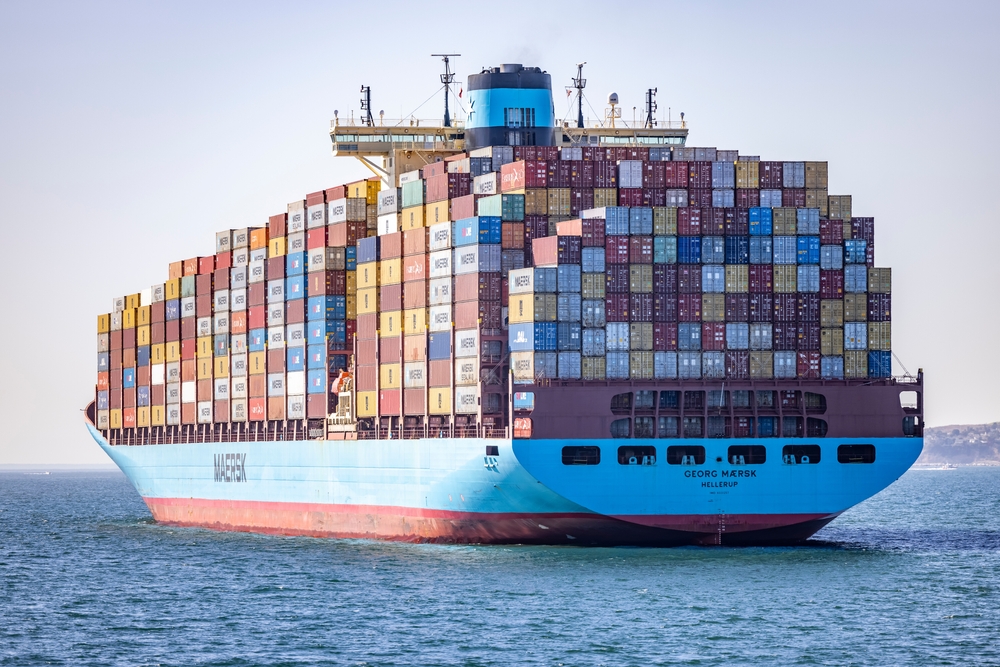The global shipping industry is on the brink of a historic transformation as the United Nations’ International Maritime Organization (IMO) holds pivotal talks this week in London to hammer out binding regulations aimed at cutting the sector’s climate impact.
Read also: Port of Long Beach Launches $57M Green Tech Push to Cut Emissions
At the heart of the negotiations is a proposal for the world’s first global emissions levy, which—if adopted—would mark a landmark commitment in the fight against climate change. The shipping sector, responsible for roughly 3% of global carbon emissions, has long evaded hard emissions rules. That could soon change.
The IMO’s Marine Environment Protection Committee (MEPC) is reviewing a “basket” of measures, including a global marine fuel standard and a long-debated carbon pricing mechanism—ranging from a direct carbon levy to market-based schemes such as carbon credits.
Climate advocates are calling the talks “historic.”
“This would be an absolute game-changer,” said Sara Edmonson, global advocacy head at mining company Fortescue. “No other industry has made a global commitment of this size. Most countries haven’t either.”
But obstacles remain. The concept of a levy is politically sensitive, particularly in the U.S., Australia, and China. Some nations favor “levy-like structures”—economic measures that avoid the controversial term but achieve similar outcomes.
John Maggs of the Clean Shipping Coalition emphasized the stakes:
“It’s not a question of if we get agreement, but how ambitious and how effective it is—and how many unhappy countries are left in its wake.”
Small island nations—among the most vulnerable to climate change—are leading the charge. Fiji, the Marshall Islands, Vanuatu, Barbados, and others have pushed hard for a meaningful carbon price. Meanwhile, countries like Brazil, China, and Saudi Arabia have voiced strong opposition, citing concerns over trade competitiveness and economic inequality.
For Pacific Island leaders like Vanuatu’s Minister Ralph Regenvanu, the IMO talks offer a critical path forward, especially as broader UN climate negotiations under the UNFCCC are seen as too slow.
“This is a great opportunity,” he said. “A global measure adopted by a UN body with real teeth.”
The shipping industry, which moves 90% of the world’s trade, is one of the most difficult to decarbonize due to its heavy reliance on fossil fuels. Yet momentum is building.
Angie Farrag-Thibault of the Environmental Defense Fund said success hinges on two key outcomes: a global fuel standard and a decisive economic signal.
“These steps must include a fair financing structure to help vulnerable countries,” she said, “while pushing the industry toward zero-carbon fuels at the pace we urgently need.”
As the MEPC wraps up talks on Friday, all eyes are on whether the IMO can deliver a deal that balances ambition, equity, and enforcement—potentially setting the tone for international climate policy for years to come.

